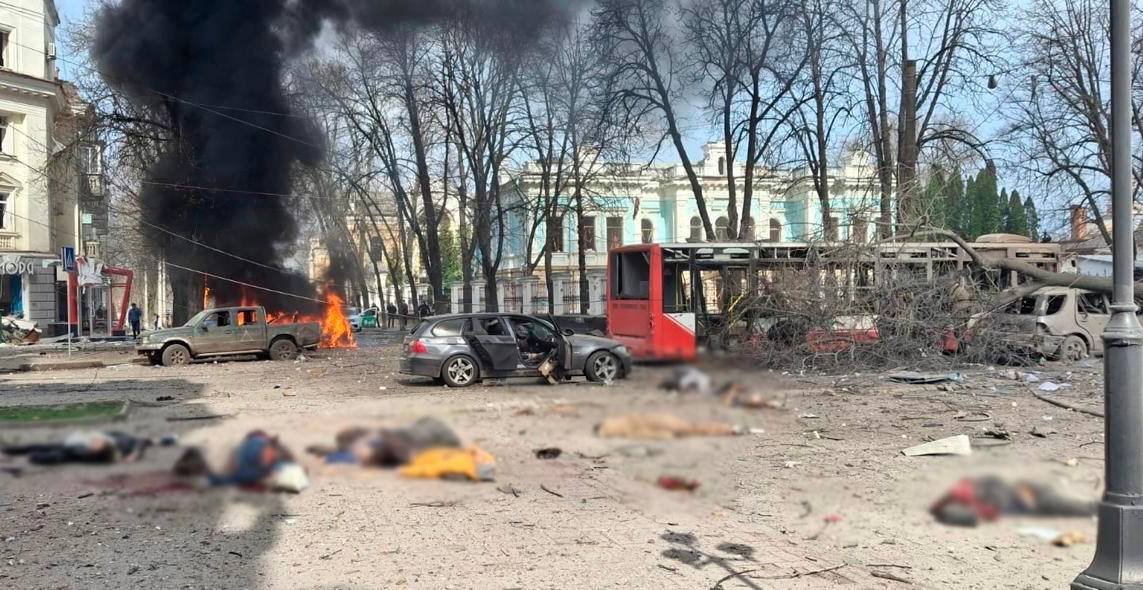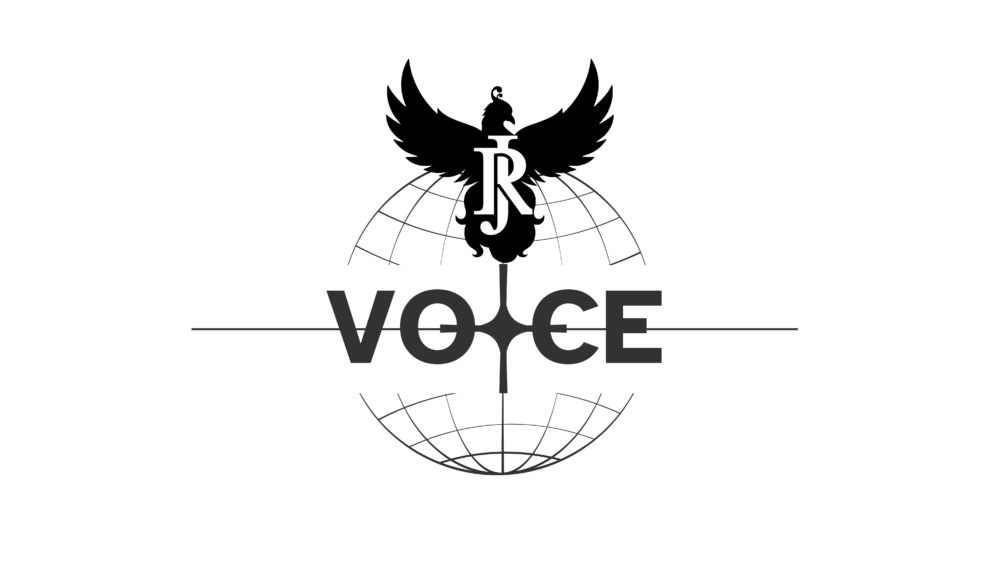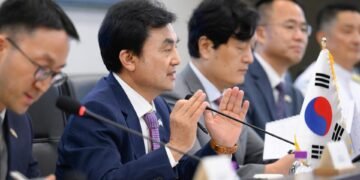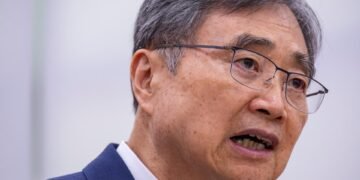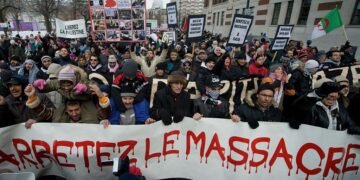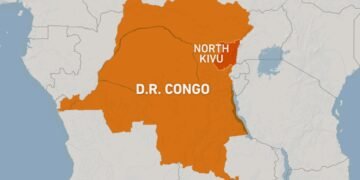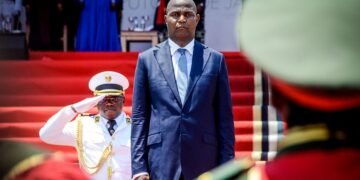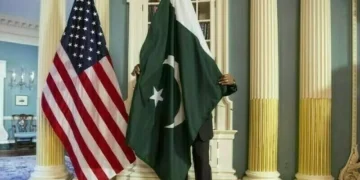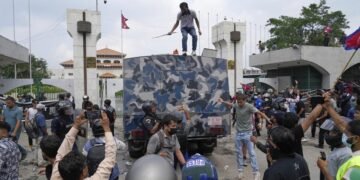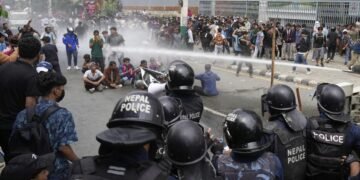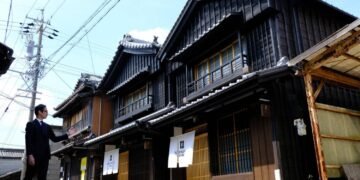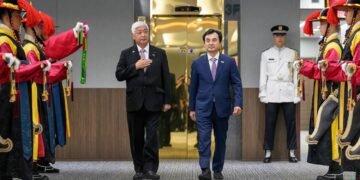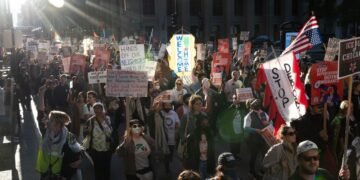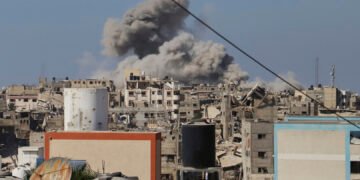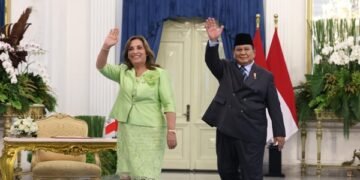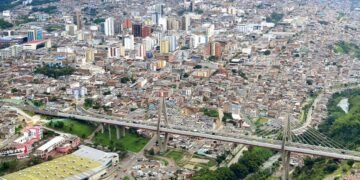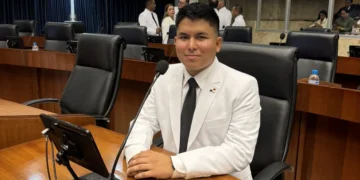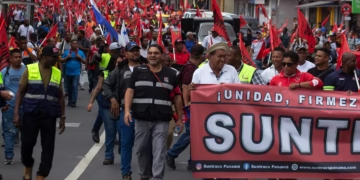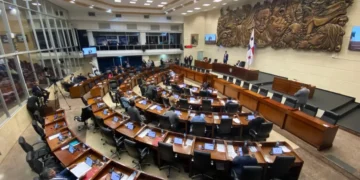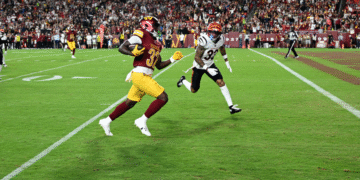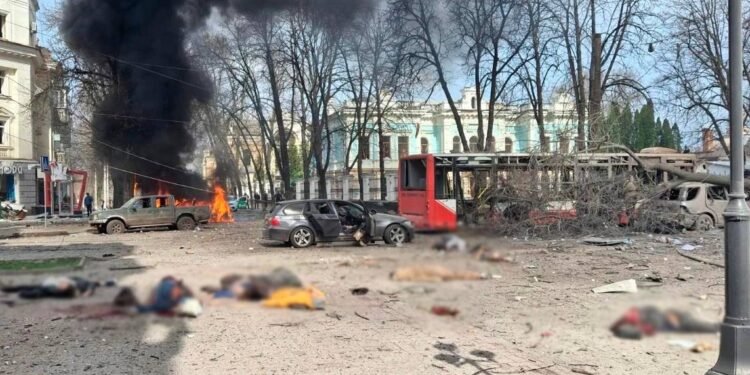A devastating missile attack by Russian forces struck the heart of Sumy, a northeastern Ukrainian city near the Russian border, on Sunday, killing at least 32 people and injuring nearly 100, according to Ukrainian officials. The assault, which Kyiv said involved two ballistic missiles, ranks among the deadliest in recent months.
Ukrainian President Volodymyr Zelensky condemned the attack, describing it as a heartless act carried out on Palm Sunday. “Only those without a shred of humanity would do this,” he said, urging Western allies to respond decisively.
Footage from the aftermath revealed widespread destruction. Emergency responders worked through rubble in the city center as damaged vehicles burned and bodies lay covered in the streets. Local rescue services confirmed that two children were among the dead and that 11 of the 99 injured were minors.
Eyewitnesses recounted scenes of horror. One resident, visibly shaken, described hearing two blasts in succession. “The second explosion was worse… so many people were injured, so many dead,” she said.
The international community reacted swiftly. U.S. retired lieutenant general Keith Kellogg, currently serving as an envoy to Ukraine, condemned the strike as “indefensible,” highlighting its impact on civilians. He called it a violation of basic decency, particularly as it targeted a city center on a religious holiday.
The attack followed diplomatic efforts by Trump-era envoy Steve Witkoff, who recently visited Moscow in hopes of pushing forward a peace initiative. The latest strike, however, appeared to undermine any near-term prospects for de-escalation.
European leaders also issued strong rebukes. French President Emmanuel Macron denounced the attack as a clear violation of human life and international norms. British Prime Minister Keir Starmer called on Russian President Vladimir Putin to agree to an immediate and unconditional ceasefire, while Italian Prime Minister Giorgia Meloni labeled the act as “cowardly and brutal.”
Swedish and Danish leaders echoed those sentiments, with Sweden’s Prime Minister calling the attack incompatible with any genuine peace intentions. German Foreign Minister Annalena Baerbock pointed to the timing—Palm Sunday—as further proof that Moscow had no interest in resolving the conflict peacefully.
European Commission President Ursula von der Leyen expressed outrage over the bloodshed occurring on such a significant day for Christians, calling it a “barbaric” act. Other EU leaders referred to the strike as a “criminal” and “vile” offense, with many calling for enhanced defense support for Ukraine.
Although Russia has not officially commented on the incident, Kyiv released video evidence showing chaos in the immediate aftermath—burning vehicles, shattered buildings, and civilians fleeing the scene. Authorities in Sumy believe the attack was aimed at causing maximum terror among the population.
This is not the first time Sumy has suffered from Russian aggression. In the early days of the invasion, the city was briefly occupied before being retaken by Ukrainian forces. Recently, however, there has been growing concern about a renewed offensive from Russia in the region, especially after Ukrainian troops were pushed back near the Russian border.
Earlier this month, a separate attack in Kryvyi Rih, President Zelensky’s hometown, claimed 18 lives, including nine children. As the conflict continues into its fourth year, Ukraine faces an increasingly aggressive Russian campaign that includes missile strikes on civilian infrastructure.
Russia’s military announced on Sunday that it had captured a village in the Donetsk region, indicating continued advances on the eastern front despite mounting international pressure for a ceasefire.
Ukraine continues to call on its Western allies for increased air defense systems and military support, emphasizing that stronger defenses are needed to protect civilian populations from further attacks.
